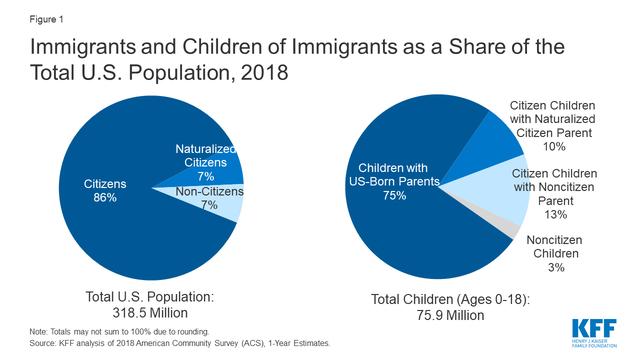In this Opinion Feature, Dr. Luz Maria Garcini, Cristina Abraham, Ciciya Abraham, and Vyas Sarabu outline the risks and unique challenges faced by people living with undocumented status in the United States during the COVID-19 pandemic.
All data and statistics are based on publicly available data at the time of publication. Some information may be out of date. Visit our coronavirus hub and follow our live updates page for the most recent information on the COVID-19 pandemic.
Dr. Luz M. Garcini is affiliated with the Department of Medicine at the University of Texas Health Science Center at San Antonio, and with the Baker Institute for Public Policy, Center for Mexico and the U.S. at Rice University. Cristina Abraham and Ciciya Abraham are based at the University of Texas at San Antonio, and Vyas Sarabu is based in the Department of Medicine at the University of Texas Health Science Center at San Antonio.

Since the onset of the COVID-19 pandemic, millions of Americans have experienced significant social, economic, and personal hardship, as well as uncertainties in medical coverage.
Yet, the consequences of the pandemic have impacted vulnerable communities disproportionately — these groups include families with undocumented immigration legal status. The toll of COVID-19 among undocumented immigrants is multifaceted and compounded by health, economic, and social stressors.
Risk factors, such as limited access to healthcare, increased exposure to the virus due to frontline jobs, and restricted access to information and technology needed to keep people informed have increased the risk of COVID-19 infection among undocumented communities.
As a result, the risk of disability, hospitalization, and even death is high in this marginalized population.




